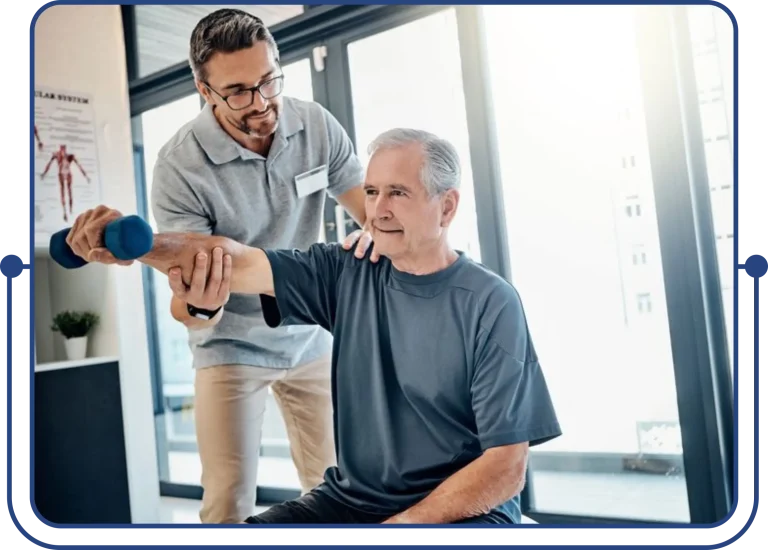At Zee Medical Billing, we provide a full suite of billing services tailored specifically for physical therapy practices. With a deep understanding of the unique demands and reimbursement structures in physical therapy, our services are designed to streamline your billing processes, enhance revenue capture, and ensure full compliance with industry regulations. Trust us to manage your billing, so you can concentrate on delivering exceptional patient care
Physical Therapy practice’s financial strength relies on timely billing and account reimbursement. Zee Medical Billing offers quality billing services, equipped to handle complexities and modifiers. Zee Medical Billing offers comprehensive physical therapy billing services, including initial practice evaluation, maximum reimbursement by Certified Professional Coders, patient input, statements, and follow-up, full electronic claims and AR management.

We handle the entire process of submitting claims to insurance companies and diligently follow up on unpaid or rejected claims to maximize your reimbursements.
Our team investigates claim denials, corrects any issues, and resubmits claims to recover lost revenue. We aim to reduce denial rates and ensure faster payments.
We manage patient billing, including statements, payment processing, and answering any patient inquiries related to billing, ensuring a seamless experience for your patients.
We assist with credentialing and contracting with insurance companies, ensuring that your practice is properly enrolled and eligible for reimbursement.

Zee Medical Billing provides comprehensive medical billing solutions tailored to optimize revenue cycles and ensure compliance across various medical specialties.
Copyright 2024 Zee Medical Billing All rights reserved.